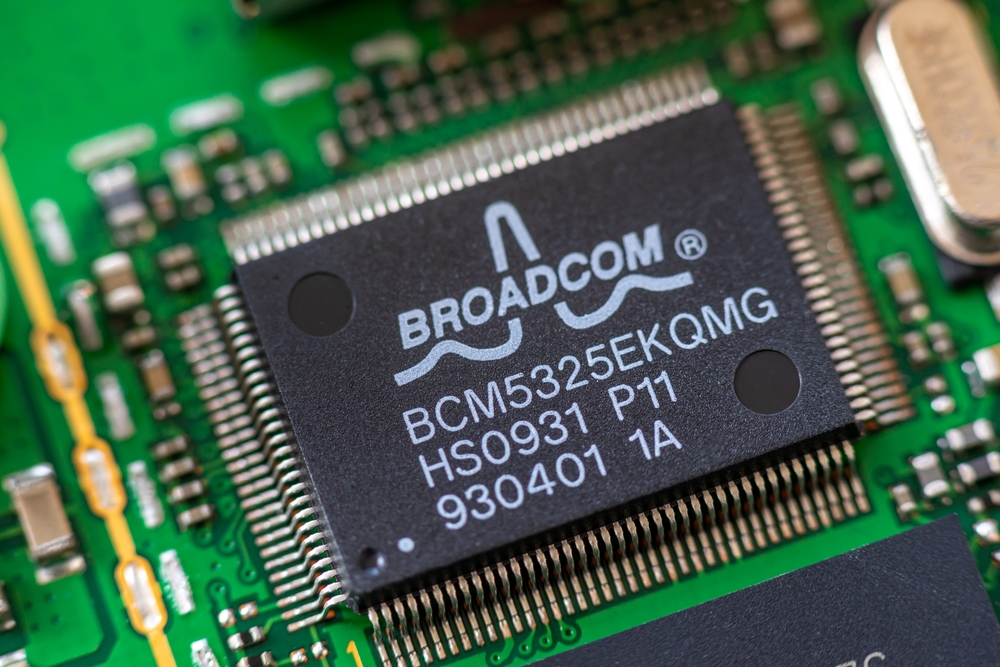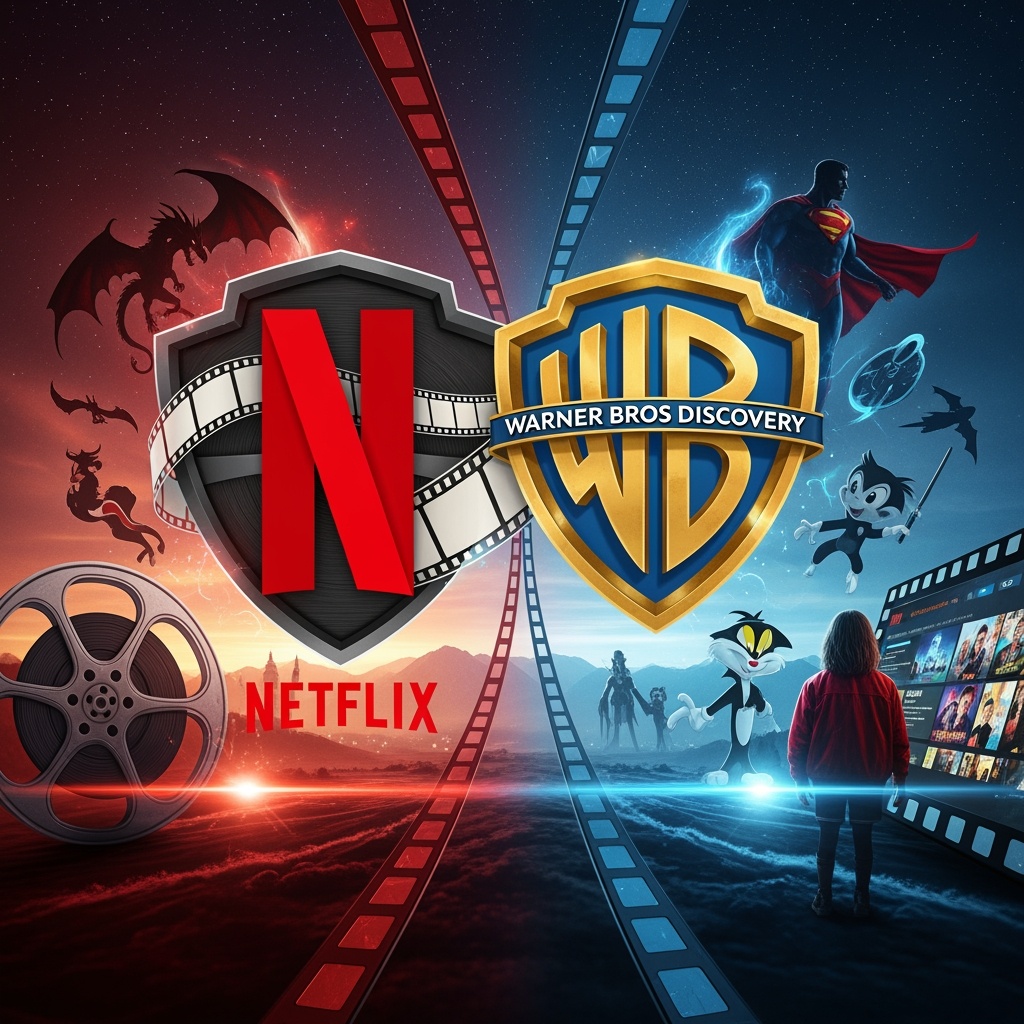The Norwegian krone has undergone a turnaround
But let's first look at the exchange rate of the Norwegian krone against the euro and the US dollar. Over the past five years, the Norwegian krone has most often been in the range of 10 to 12 kronor to the euro and 9 to 11 kronor to the dollar. In recent months the exchange rate has stabilised, whereas before it was quite heavily affected by the covida crisis and the subsequent inflationary episode.*
After the outbreak of the covida pandemic, the Norwegian krone strengthened against both of these currencies. This was despite the fact that the Norwegian central bank, Norges Bank, responded to the pandemic by rapidly cutting its base interest rate. The Norwegian krone thus resembled to a large extent the Swiss franc, which is regarded in Europe as a kind of safe monetary haven in times of crisis.
However, the appreciation of the Norwegian krone ended with the end of the covide pandemic and the exchange rate began to return to previous levels. The Norwegian krone did not repeat its "covid story" during the inflation crisis. This time, despite the fact that Norges Bank was one of the first central banks in the world to raise interest rates. And it seems that the rate rise cycle is not quite over yet.[1]
However, the current tendency of the Norwegian krone to depreciate is a good situation for investing in Norwegian assets. Simply because an investor will get more Norwegian kroner per dollar or euro than in the days when the Norwegian kroner was relatively strong against these currencies.
Stock index with solid growth
One of the most recommended practices is to invest in a stock index. This is not a Norwegian specificity, but is a fairly common strategy for individual investors who invest at regular intervals in an ETF that replicates an equity index in the composition of its equity portfolio. So if you are interested in Norwegian equities and do not have a clear title or sector preference, then choose an ETF that focuses on the main index of the Norwegian stock exchange. This is the OBX index, which comprises the 25 most attractive stock titles on the Oslo Stock Exchange.
OBX's performance over the past five years has reached more than 53 percent.* Compared to other indices, especially those on major stock exchanges, this is a relatively solid result. The Frankfurt DAX index has performed similarly over the period under review, the New York S&P index has risen more markedly (almost 85 per cent), while London's FTSE 100 index has only gained around 8.5 per cent over the past five years.*
Norwegian blue chips lead the way in mining
If you want to invest directly in individual shares traded on the Oslo Stock Exchange, then even in this case, a selection of so-called blue chips can be recommended. The OBX index contains a total of 25 of these, the most important of which are the shares of the mining company Equinor (they have a weighting of more than 15 percent in the index.
Another option is to focus on individual stock titles traded on the Norwegian stock exchange. Here too, however, it is worth choosing from the so-called blue chips, i.e. the top 20 stocks traded on the exchange. Norwegian blue chips include shares in banking houses, telecommunications companies, engineering companies and, last but not least, semiconductor manufacturers, food processors and transport (especially shipping) companies.
If you choose this option, it is useful to have an overview of the performance of each title. Over the past five years, the shares of Kongsberg Gruppen, which is in the engineering business, have shown the greatest appreciation. Its shares have appreciated by more than 500 per cent.* Three other titles have risen by more than 300 per cent (Frontline, Höegh Autoliners ASA and BW LPG).* Norway's largest publicly traded company, Equinor, has risen by around 56 per cent over the past five years.* An overall overview of the five-year performance of Norwegian blue chips is given in the accompanying table.
Finally, it should be noted that exchange rate risk must be taken into account when investing in Norwegian assets. Norway is not part of the euro area, and so it manages its monetary policy through its central bank. As a result, changes in interest rate settings may be reflected in changes in the exchange rate of the Norwegian krone against other currencies. It is therefore also useful to monitor the development of the interest rate differential, particularly in comparison with the euro area and the United States (or other countries with autonomous monetary policies).

Source: euronext.com
Five-year development of the OBX index*

Source: euronext.com
Five-year development of Kongsberg Gruppen's share value (in NOK)*

Source: Euronext.com
Five-year development of Frontline's share value (in NOK) *

Source: Euronext.com
Five-year development of Höegh Autoliners share value (in NOK) *

Source: Euronext.com
Five-year development of BW LPG share value (in NOK) *

Source: Euronext.com
Five-year development of Equinor's share value (in NOK)*

David Matulay, analyst at InvestingFox
Source: Euronext.com
Warning! This marketing material is not and should not be considered as investment advice. Past performance is not a guarantee of future returns. Investing in foreign currency may affect returns due to fluctuations. All securities transactions may result in gains and losses. Forward-looking statements represent assumptions and current expectations that may not be accurate or are based on the current economic environment, which may change. These statements are not guarantees of future performance. InvestingFox is a trademark of CAPITAL MARKETS, o.c.p., a.s. regulated by the National Bank of Slovakia.
* Past data is not a guarantee of future returns.
[1] Forward-looking statements represent assumptions and current expectations that may not be accurate or are based on the current economic environment, which may change. These statements are not guarantees of future performance. Forward-looking statements inherently involve risk and uncertainty because they relate to future events and circumstances that cannot be predicted and actual developments and results may differ materially from those expressed or implied by any forward-looking statements.
 English
English
 Slovak
Slovak
 Czech
Czech
 Hungarian
Hungarian
 Italiano
Italiano
 Polish
Polish





